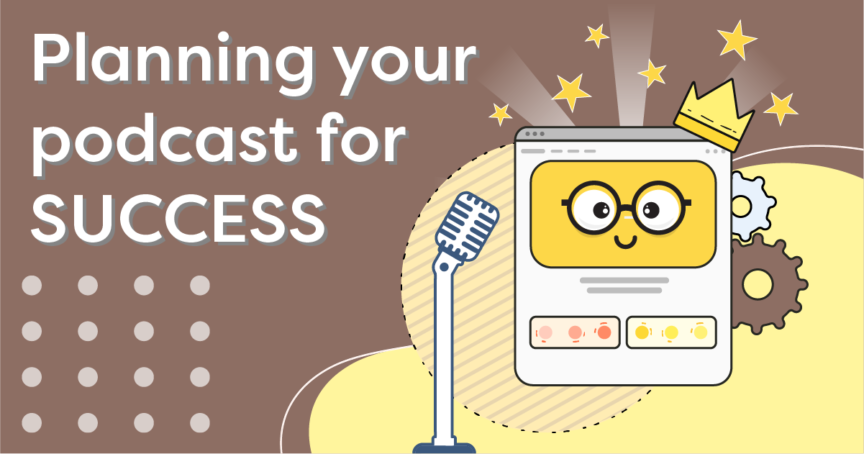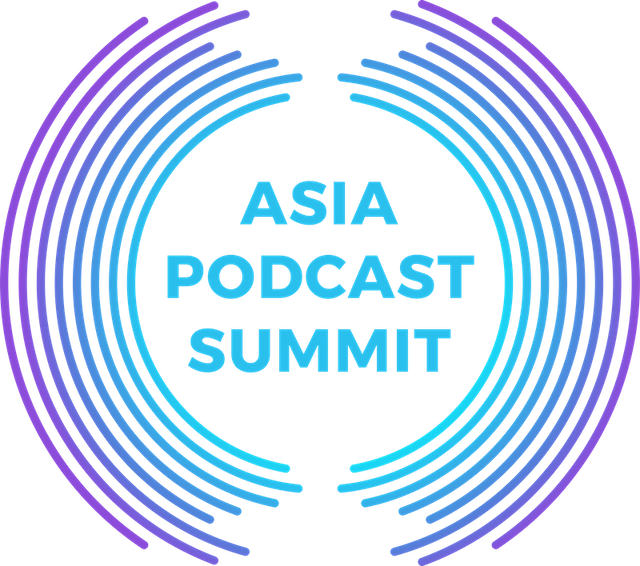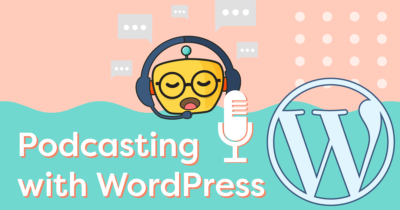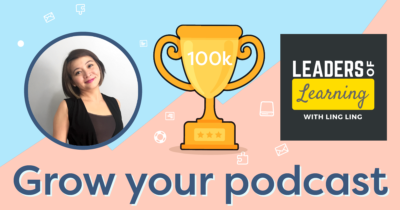Following on our previous article about podcasting with WordPress, this next article is all about planning a podcast. Read all our articles about podcasting.
Today we’re going to talk about how to plan a podcast. In this article, we go from names to lengths and even how to plan a great podcast page. Get everything right before you dive into it!
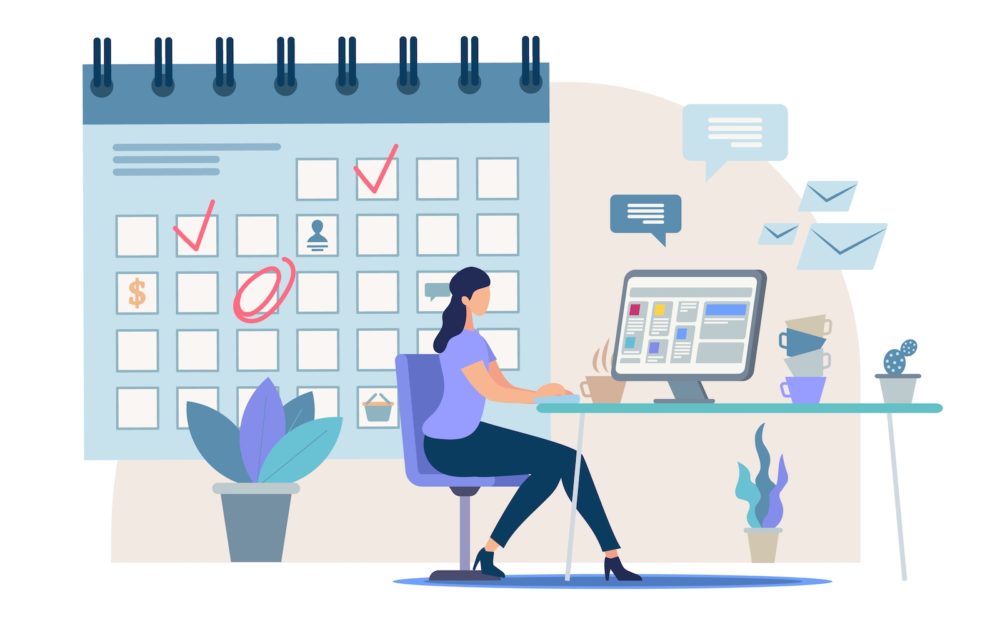
Why is planning your podcast important? I had a messy start with two of my podcasts. One is on an indefinite hiatus right now.
The other, my fiction podcast Tempered Fables, is still going on, but I’m still making mistakes here and there. It’s all good though, I’m learning as I go along.
For something with a higher production value eg. writing a short story per episode with sound design and narrative direction, it needs some level of planning though.
Here’s what I started with, these are the things I had to ask myself. Maybe you can use it in your upcoming podcast:
Naming Your Podcast
What’s in a name?
Some podcasts have catchy names, some names are based on their SEO keyword research. Some shows share the same name as their host. This is cool, since it’s nice to know the name of your favourite podcast’s host!
But ultimately, the best podcast name is the one that you like. Some questions to ask:
- What does your podcast mean to you?
- What name would you be proud of labeled on your podcast?
- This is a long commitment. What podcast would you be happy with 100 episodes down the line, and more?
Podcast Content
If I’m a new listener, what can I expect from your podcast? If I’m a regular listener, what expectations will I have from multiple episodes?
That’s the gist of your podcast, isn’t it? From looking at the name to the cover art to the description: even hearing the sound of your voice can tell me things as a listener.
But before we even make any of that, we have to learn how to describe it to people. An elevator pitch if you will. For example…
Tempered Fables is a short story fiction podcast of all genres. From comedy to romance, horror to fantasy: strange creatures, weird thoughts and wonderful people, dive into multiple worlds and experience something new. Something… interesting.
Countdown to excitement! Every week Christina Warren, Brianna Wu and Simone de Rochefort have accelerated geek conversation. Tech, comics, movies, games and books, no galaxy is off limits!
Awaken Radio shares raw, honest and vulnerable conversations which share the transformative journeys that both Connie and her guests have walked. Each episode is filled with inspiring guidance to help you clear out your fears, transform your mind, crack open your heart and rise into your highest potential.
This is the core of every episode. It’s what gives you direction. It’s also direction for us listeners; as fans, we want to follow you with your journey!
Here are some of our favorite podcasts with a clear value proposition for listeners. Just looking at these pages will give you a good idea of what you’re about to listen to.
Planning your podcast website / page
A website is a really important marketing tool for your podcast. This is where you tell visitors about your podcast and try to convert casual listeners into subscribers.
You can have an entire website dedicated to the podcast (e.g. leadersoflearning.asia) or a just a page on your main website (e.g. garyvaynerchuk.com/podcast)
These are the things a visitor should find on your podcast website.
- Name and Logo of the show: Well duh!
- Description: An expanded version of your elevator pitch to explain what listeners can expect from it.
- Host(s) Profile: This is normally a name, picture, and a summary of yourself! Listeners like to see who they are listening to after all.
- Latest Episodes: Some listeners like to start with the latest episodes to be up to date.
- Featured episode: Ideally your most popular episode at the very top. Some listeneres want to listen to the best of the best!
- Subscribe buttons: This is important! This is how your listeners can follow you in their own way. Make sure to have subscribe buttons for the major platforms (eg. iTunes, Spotify), and make sure they are easy to press! Some websites don’t have dedicated subscribe buttons (plain links may be too small to tap on a phone screen)
- E-mail sign-up: This is essential if a podcast is an important part of your business. If you want to funnel listeners into your e-mail list, have a sign-up button for that. It could either be a pop up or at the end of the page.
Each episode in your podcast should have its own page. This makes it easy to share single episodes e.g. thetotallyfootballshow.com/episodes/the-secret-sauce/. Here’s what we suggest you should include on each episode page.
- Name of the episode: The episode’s name, as it’s shown on every platform
- Description of the episode: A summary of the episode, to help listeners decide whether they want to start listening now
- Show notes: This is really useful! For both SEO and quality content, most episodes have show notes that go with their posted podcast. This can be a transcript of the entire episode, timestamps for important points, and links to other websites, books, etc. that were discussed in the podcast. It’ll be like an extra blogpost for your website!
- Related: Having a related section helps with funneling your listeners to listen to other episodes. Keep your visitors on your website for as long as possible!
And of course, in these episode posts you can also find the subscribe buttons and e-mail sign-up too!
It may feel intimidating to create podcast pages as good looking as the professionally produced ones you listen to. But remember that you can just start with something effective and polish it later. Here are a few examples of effective podcast pages that were totally DIY, from some top podcasts.
Episode length
Let’s reflect on when we listen to other podcasts. Where do you normally do that?
For myself, I like to listen to it while commuting on the train. I also like to listen while doing menial tasks eg. chores around the house, admin stuff, social media work.
What’s my average listening time? 1-2 hours? How many podcasts?
Your podcast reflects yourself, and that also includes your listening habits too. Are you okay with doing 1-hour shows? Maybe it’s only 20 minutes? It all depends on what is comfortable for you.
There are some things you have to consider though:
- The greater the episode length, the more time you need edit it!
- If you have a co-host, you’ll have to discuss this properly! If co-hosts start to divert off-topic (and they tend to do that often!), that means more editing (and potentially wasted?) time.
Ask yourself the following questions when considering episode length:
- As a listener, what are my habits? Episode length? Types of podcasts? Number of episodes?
- How much time am I willing to spend for edit?
- Would a co-host lengthen the podcast? But would s/he help with editing?
Asia’s very first
virtual Podcast Summit
Nov 9–10, 2019
The ‘Signature’
The Signature – also known as the Audio ID – is that little personal touch that you’d add at the end of a letter, so people know you wrote it. It’s unique, it’s special, and only you can make it.
So what is it?
The Signature can be any part of your podcast!:
- Is your intro music made by you? Do you use it in a certain way?
- Is there a phrase that you say to immerse your listener?
- Do you have an interesting sign-off?
You could even have more than one signature throughout your podcast! As it grows, maybe you can discover new things to try out 🙂
To give you an example, when I started Tempered Fables, my first Signature was the intro song. I composed it, recorded it and started using it for every episode.
Next came the phrase:
Welcome to the Tempered Fables, my name is N.T. Cloever. Come, sit by the fire; Let me tell you a story.
That’s two signatures already.
For every episode, I normally talk about how I discovered the story: sharing inspirations, conversations with other people, and real-life stories from my life.
Over time, I’d sign off the episode with:
Always waiting by the fire.
That’s 3 ways to hook the listener, 3 ways to get used to my voice, and 3 way to remember the podcast!
So, what’s your signature? How can I connect with you beyond the podcast itself?
References / Inspiration
There are over 700,000 podcasts out there in the world right now! Ideally, if you’re going to make your own podcast, you should already be consuming them too. The best creator is a great listener 🙂
Which podcasts inspire you? Is it an interview podcast? Some sort of narrative fiction?
Some of my favorites are: Levarr Burton Reads, The James Altucher Show and Memory Palace. I have both narrative and business podcasts as favourites. Strange, right? Haha! That’s what makes podcasts such an amazing medium.
Successful podcasts are good references to figuring out how a good podcast thrives. Because? They’re already successful. There is some sort of formula in there that helps them thrive.
So it’s up to you to figure it out:
- Analyse your favourite episodes: what makes them work?
- How do the hosts speak?
- What kind of music do they put in?
- How long are the pauses? What kind of editing tricks did they use?
Copying artists who are successful is a good way to build your own skills. Once you’re ready, you can twist it into your own unique fashion 🙂
Conclusion
Planning your podcast doesn’t have to be perfect! If you’re aiming for perfect, you wouldn’t start.
It’s best to think of the things above and get to building your episodes. You can make changes on the way, and that’s fine! Your fans will forgive you.
But the best plans have the following attributes:
- Workable: it’s hard to do the work of an entire production house as one person.
- Realistic: Some people can have too high of an expectation in making their first episode. Doing that discourages them. They might not be happy with episode 1. But that’s okay; it’s only episode 1.
- Consistent: Can you stick to your plan regularly? What about your other commitments?
- Flexible: If things might come up, your plan might have to change accordingly.
Either way, stay motivated: it’s an amazing feeling to create something according to your plan. But even better, it’s amazing to create something that lasts for a long time.
Read next: How To Grow Your Podcast: Proven Tips from Ling Ling
